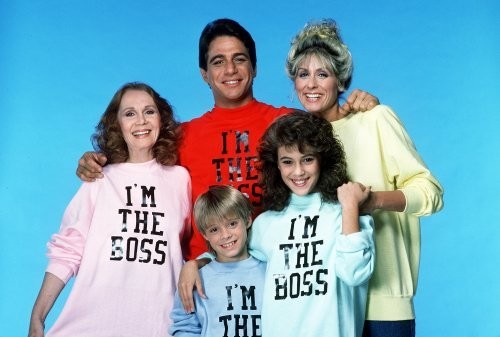“Drop the hammer and pick up the shovel.”
—attributed to J.A. Dever

Image from Flickr by Daniel R. Blume
If you are a student of leadership and management theory, I’m sure you are fully aware that the old school “Command and Control” Taskmaster, or in this case, “Drop the Hammer” approach to success is history.
With the intense competition for talent, organizations and their leaders must create collaborative and cooperative cultures wherein each employee can develop and contribute in a meaningful way to remain engaged. Without the side-by-side pursuit of individual and organizational achievement, many top people will seek their futures elsewhere.
EXERCISE:
Where would more of a “Pick up the Shovel,” team leader approach to people and results be just the ticket for you and your organization to thrive today, and well into the future?



